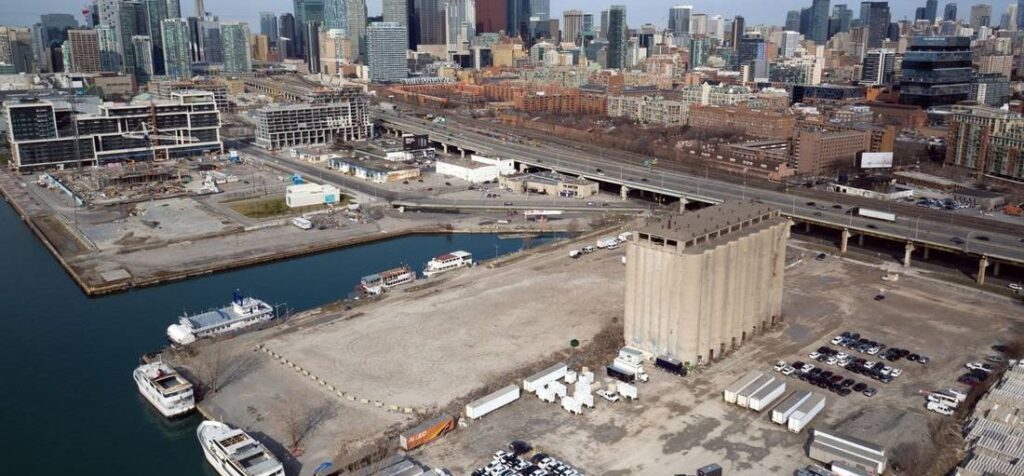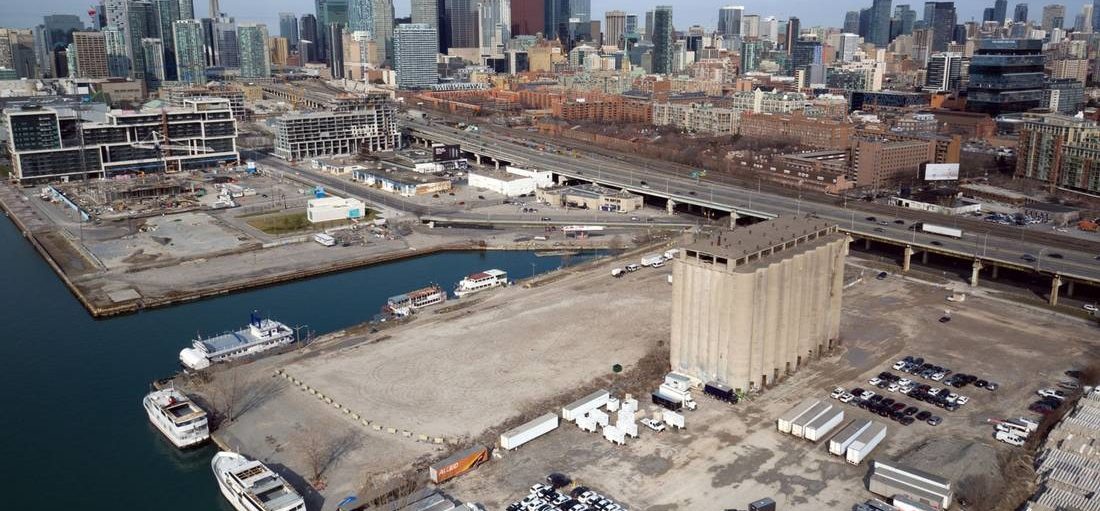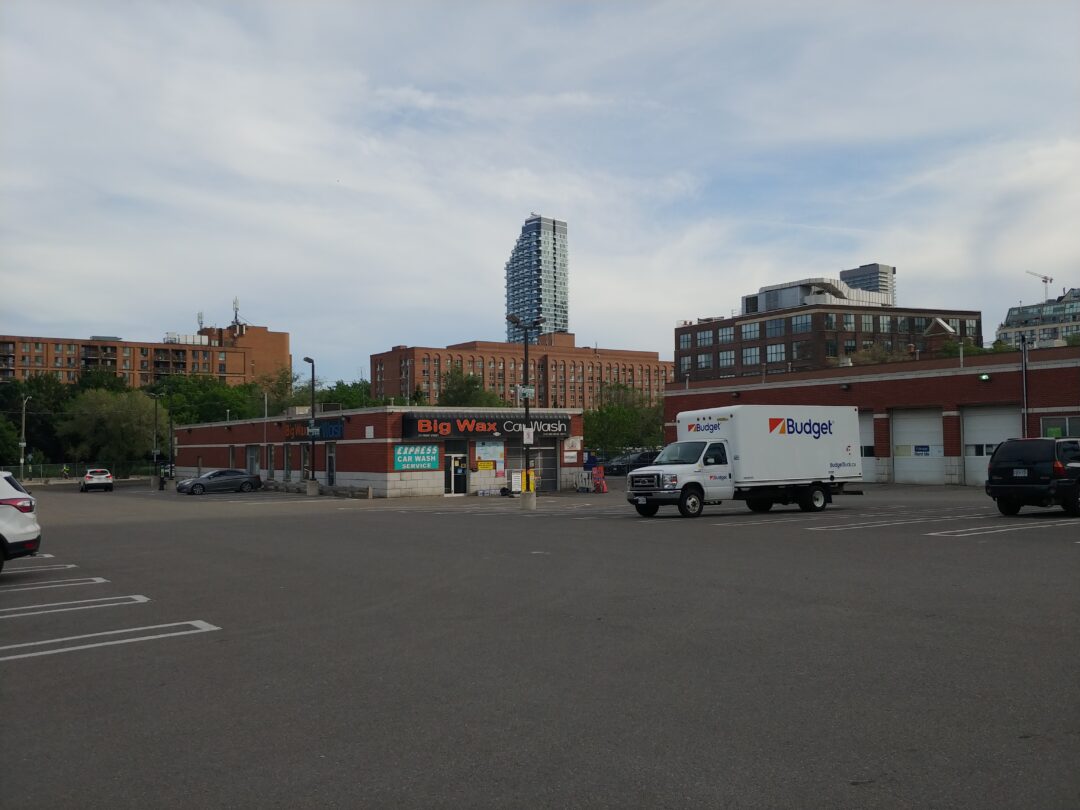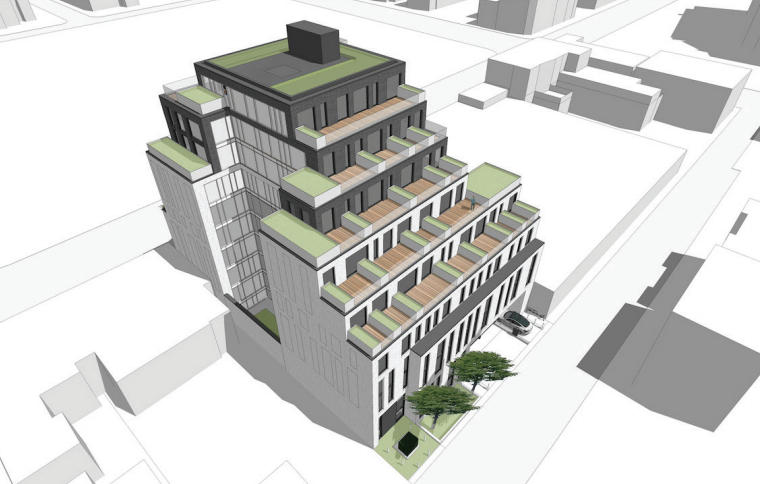Donald Higney

Tri-government organization Waterfront Toronto has issued a request for qualifications (RFQ) to secure a new international development partner for the unused Quayside lands.
Sidewalk Labs, a subsidiary of Google parent-company Alphabet, decided last May to cancel its plan to transform the Quayside site into a technologically advanced neighbourhood, complete with heated and illuminated sidewalks and public WiFi. The company cited “unprecedented economic uncertainty” brought on by the Covid-19 pandemic.
The RFQ is designed to filter out candidates that don’t have the necessary experience, financial resources and vision to develop the Quayside land.
The announcement says the area will provide affordable housing as well as support for seniors living independently. The desired project would be a “sustainable community for people of all ages, backgrounds, abilities and incomes.”
A statement from Waterfront Toronto says much was learned from the urban design and sustainable planning work done with Sidewalk Labs. It says public realms, parks, streetscapes, and open community spaces will be important in the Quayside development.
The Quayside site, at the foot of Parliament Street at Queens Quay East, is one of the undeveloped areas downtown. It amasses 4.9 hectares (12 acres), including 3.2 hectares (8 acres) of developable land across five development blocks. The site is near award-winning public places such as Sugar Beach, Sherbourne Common and the Water’s Edge Promenade.
Chosen to develop the vision for Quayside in October 2017, Sidewalk Labs released a 1500-page proposal almost two years later. $1.3 billion was committed to be invested by the company with hopes of spurring more investment from the private sector.
Although some praised the Sidewalk Labs plan as ambitious and forward-thinking, local residents and others opposed its private use of private data on people’s behaviour. Sidewalk Labs countered that an independent third party would collect and protect data from the smart city test site but the #BlockSidewalk movement still called for the Google company to pull out of the project. In a blog post about Sidewalk Labs’s withdrawal, CEO Dan Doctoroff said, “As unprecedented economic uncertainty has set in around the world and in the Toronto real estate market, it has become too difficult to make the 12-acre project financially viable without sacrificing core parts of the plan.”
Sidewalk Labs had previously retreated from its plan to expand the project to 190 acres of the Port Lands from the 12 unused at Quayside.
Waterfront Toronto’s vision includes overhauling the Parliament Slip, with the potential addition of a “water amphitheatre, a floating restaurant, a canoe/kayak launch, a water transportation hub and a floating dock with concessions.”
It also wants to mimic the waterside wave decks at the ends of Spadina Avenue, Rees and Simcoe Streets to create a “continuous waterfront loop” from Ontario Place in the west to the Port Lands in the east. No timeline has been set yet.
RFQ submissions are due on May 12. A winner will be selected before the end of the year.




